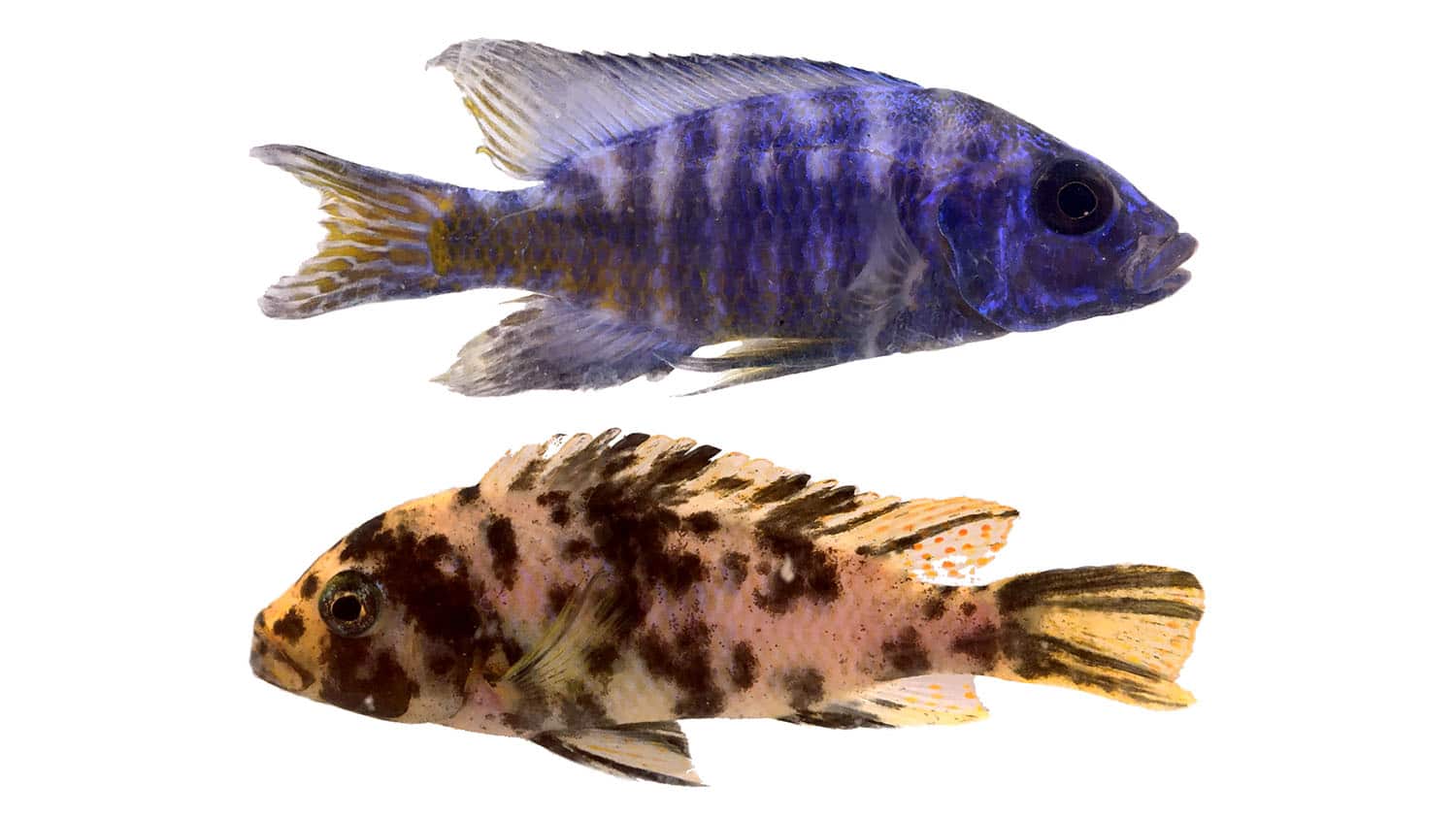Two More Students Diagnosed with H1N1 Influenza
North Carolina State University Student Health Services has received confirmation that two additional students have the novel H1N1 influenza virus. These cases are apparently not related to two previous cases reported on campus June 12. The students are recovering and are in self-isolation at home.
Since H1N1 is now the most common influenza virus in North Carolina, NC State will no longer send e-mail notifications to the general university community to report new cases on campus, unless there is some significant new development. NC State will continue to notify people who have had close contact with those who are diagnosed with the virus so they can monitor themselves for flu symptoms, which may include fever over 100 degrees, respiratory symptoms such as cough and sore throat, runny or stuffy nose, body aches, headaches, fatigue and diarrhea or vomiting.
Student Health Services is leading the university’s response in collaboration with the North Carolina Department of Health and Human Services and Wake County public health officials.
Influenza is spread person to person (when an infected person coughs or sneezes sending contaminated droplets through the air that can be deposited in the mouth or nose of people as far as 6 feet away) or from contaminated objects to a person (when something is touched that has been contaminated with the virus, and then hands are brought to the mouth, nose, or eyes). The virus can survive for minutes to hours on surfaces. Incubation period from contact with the virus to symptoms is usually within 7 days.
An individual with influenza is considered potentially contagious from 1 day before onset to 7 days after onset of the illness and is advised to stay at home for a minimum of 7 days after symptoms develop or for 24 hours after symptoms resolve, whichever is longer.
Those who are ill should cover their mouth or nose when coughing or sneezing and discard tissue, should wash their hands after handling respiratory droplets from the nose or mouth, and should periodically sanitize surfaces (such as remotes, doorknobs) that may have been contaminated with droplets. Many household cleaners, such as bleach-containing cleaners, Lysol, or alcohol-based products should be effective.
Remember that there are many illnesses with symptoms similar to influenza that are not influenza at all. For example, a common cold or allergies can cause nasal symptoms and cough. If you have questions about your symptoms or feel that you need to be seen because of symptoms, contact your healthcare provider.
Influenza is treated with a variety of over-the-counter products effective at reducing fever, sore throat, and cough. The prescription anti-viral medications, Tamiflu and Relenza, may be effective at shortening the course of influenza if given within 48 hours of the onset of symptoms. Anti-viral medication might not be necessary for all patients with novel H1N1 infection, such as those with mild symptoms.
Students, staff, and faculty of NC State should be aware that cases of H1N1 influenza have been reported in other locations in North Carolina, throughout the United States, and internationally. Good health practices can safeguard those who are well. Stay away from sick people. Wash hands frequently with soap and water, especially after being out in public (handling grocery cart, money, using ATM machine, touching doors). Use alcohol-based hand sanitizer if soap and water are not available. Do not share personal items, such as drinks. If you have had known close contact with a confirmed or suspected case of influenza, contact your healthcare provider to consider whether prophylactic anti-viral medication is warranted or monitor yourself for symptoms of influenza. If worrisome symptoms develop, contact your healthcare provider.
Visit the NC State home page (http://www.ncsu.edu) for information and updates about influenza activity.
- Categories:


